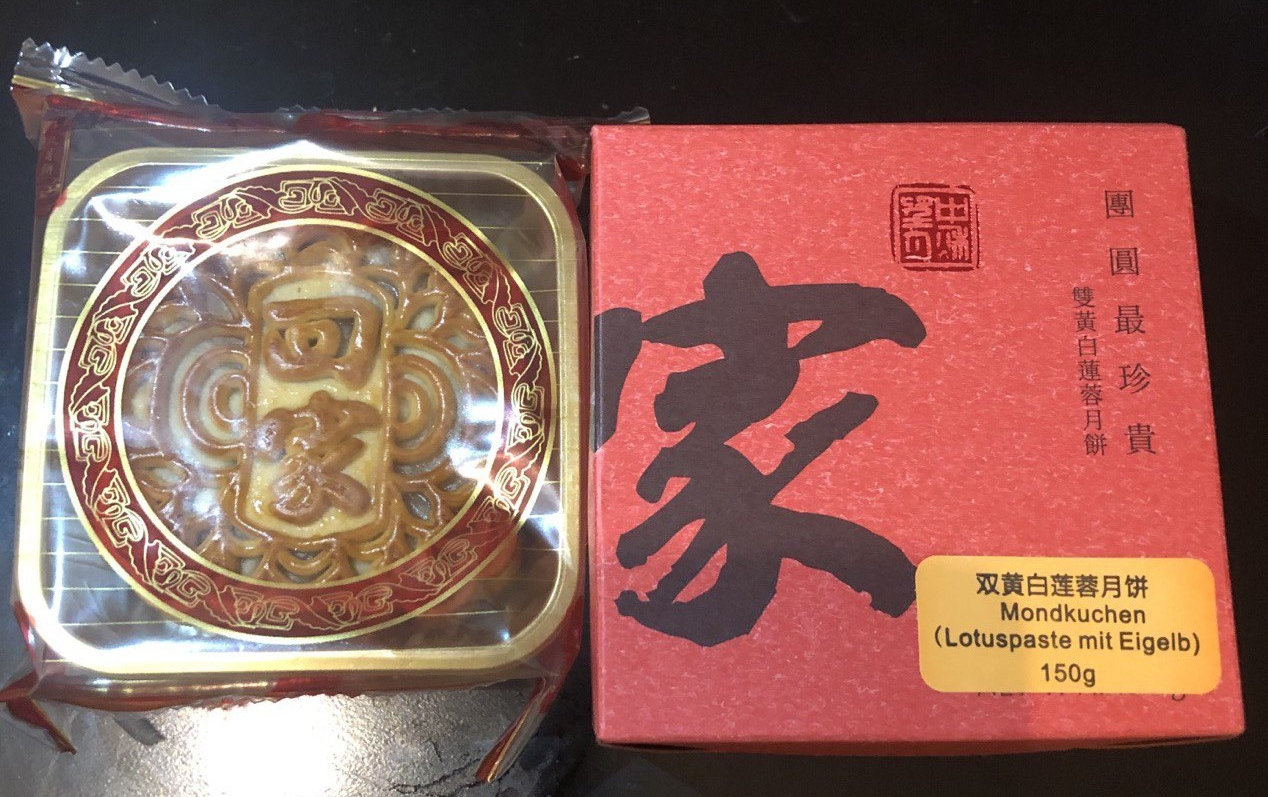.What is 家 (jia)
by Xinyu Jiang, a PhD student at TUM from Xi’an city, China. Xinyu likes to cook and enjoys watching the TV series, Merlin. She has witchy powers with which she fabricates solar cells from polymers, watches them work real-time with synchrotron tools and doesn’t worry about metrics.

什么是家(Jia)
“家”是一个象形字,从字形结构上来看,上面是“宀”,表示与房屋或地方有关,下面是“豕”,即猪。
这里的猪可以类指人类饲养的畜生,牛羊等等,所以“家”在字面上的意思是牲畜生活的地方。
在古代,牲畜与人类的活动息息相关,所以“家”就代表共同生活的眷属和他们所住的地方。
家后面加一个人字,即家人,代表家庭的成员。家前面加一个老字,即老家,代表故乡,家乡。
在中国,家在每个人的心中有着无可取代的地位,无论一个人去多远的地方,欣赏过多美的风景,家永远是最美好的地方,家人永远是最爱的人。
所以就有一句俚语,家和万事兴。
古代中国有很多诗人都歌颂过家乡“月是故乡明”,月代表月亮,故乡代表家乡,明代表亮,表面上是指月亮永远是家里的最美最亮了,这暗指了作者对于家乡的无比思念之情。
What is “家” (Jia)?
„家“ is a pictographic character. From the structure of the font, the upper part is „宀“, which means it is related to the house or place, and the lower part is „豕“, which means pig.
The pig here can refer to the livestock raised by humans, cattle and sheep, etc., so „家“ literally means the place where the livestock lives.
In ancient times, livestock was closely related to human activities, so „家“ represented the relatives who lived together and the place where they lived.
Add a word “人”(people)after “家”, that is “家人”, which represents the members of the family. Add a word “老”(old) before “家”, that is “老家”,or “故乡”(literally) which means hometown, or native land.
In China, “家” has an irreplaceable place in everyone’s heart. No matter how far a person goes and appreciates the beautiful scenery in other places, home will always be the most beautiful place, and family will always be the most loved one.
There is a cultural saying, „家和万事兴“, stating that if there is peace in the family that means everything will prosper.
In ancient China, many poets eulogized the hometown, „月是故乡明“. It means that the moon they saw at home is the brightest. A tribute to an incomparable yearning for home.
Xinyu Jiang, 'What is “家” (Jia)', aknownspace, 2020, 1, 2